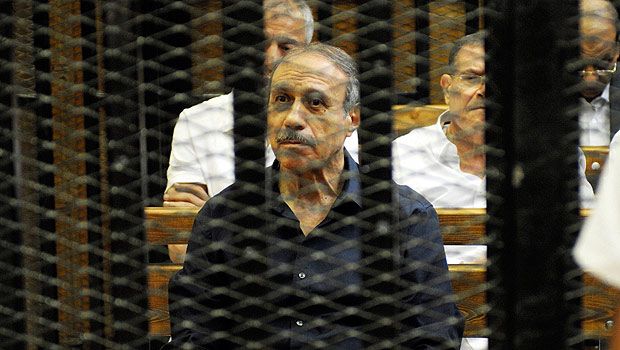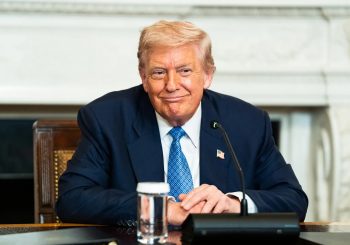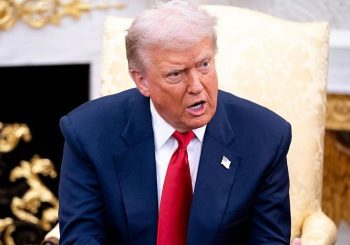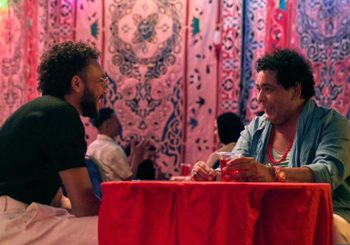Former Interior Minister Habib El-Adly, said on Saturday during his retrial that the United States was responsible for the January 25 revolution against ousted President Mubarak and that the uprising was part of its “new Middle East plan.”
El-Adly, who came to power under Mubarak’s rule, is being retried on charges of killing protesters during the 2011 uprising alongside Hosni Mubarak and Mubarak’s two sons: Alaa and Gamal.
The former interior minister told a Cairo criminal court, where he is being retried, on Saturday that the US’ plan had two parts.
The first was approaching Middle East leaders with a democratic model and financial incentives to implement that model. According to El-Adly, if the leaders rejected then the US would accuse those leaders of being dictators.
The second part of its plan was to mobilize youth in Middle Eastern countries by training he likes of Kefaya and the 6 April Youth Movement, teaching them how to demand their rights and democracy as well as how to rebel against existing regimes, explained El-Adly.
El-Adly added that US trained youth to “learn democracy.”
The former interior minister said, during his speech, that the first day of protests during the 2011 revolution on January 25, 2011, police forces only used water hoses and teargas to fend off protesters.
He also added that in Suez, protestors turned the place into “hell”, setting fire to police station to let “foreign elements” enter the country on 27 January.
According to Habib El-Adly, the “foreign elements” entered the country on January 28, and that the interior ministry had taped phone conversations within Egypt, explaining that all Egyptian security intelligence institutions operated the same way.
However, the interior minister added that the taping was only designed to record spies, terrorists, drug dealers and “those who wanted Egypt’s destruction.”
With reference to killing citizens, he added that Egyptian police had given Palestinian police weapons, who used some of the weapons to kill Egyptians and frame the Egyptian police.
During his speech, El-Adly described himself and his aides as “national figures” who fulfilled their duty to the fullest.
El-Adly also stated that he did not give orders to the police to recede during the uprising.







Comments (0)